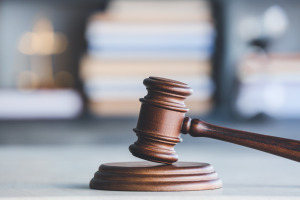
Supreme Court clears way for Trump’s plans to downsize federal workforce
The high court action continued a remarkable winning streak for Trump, who the justices have allowed to move forward with significant parts of his plan to remake the federal government.



